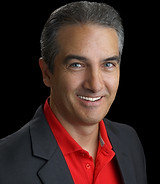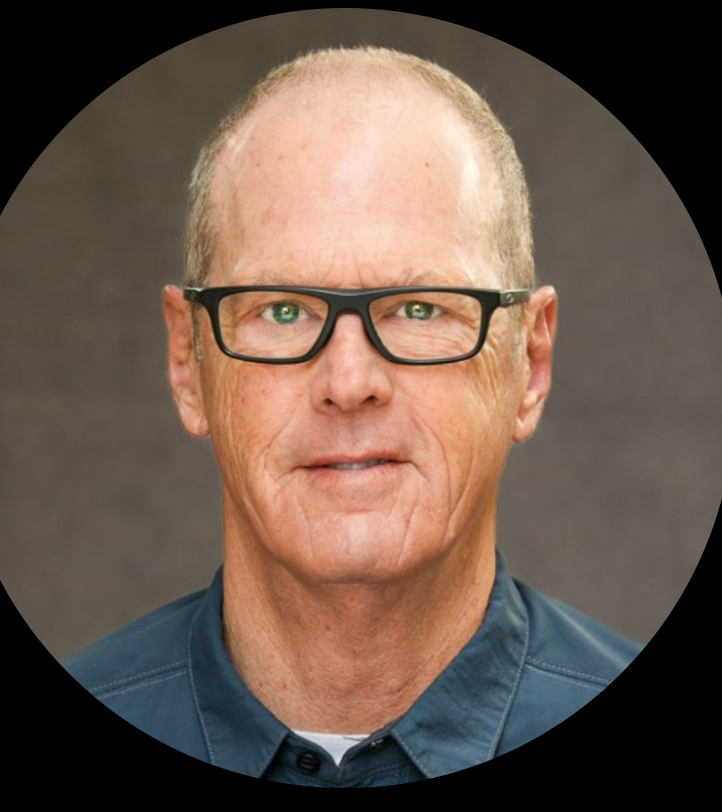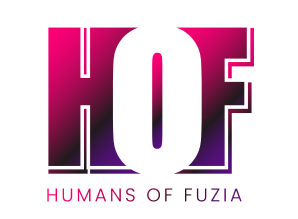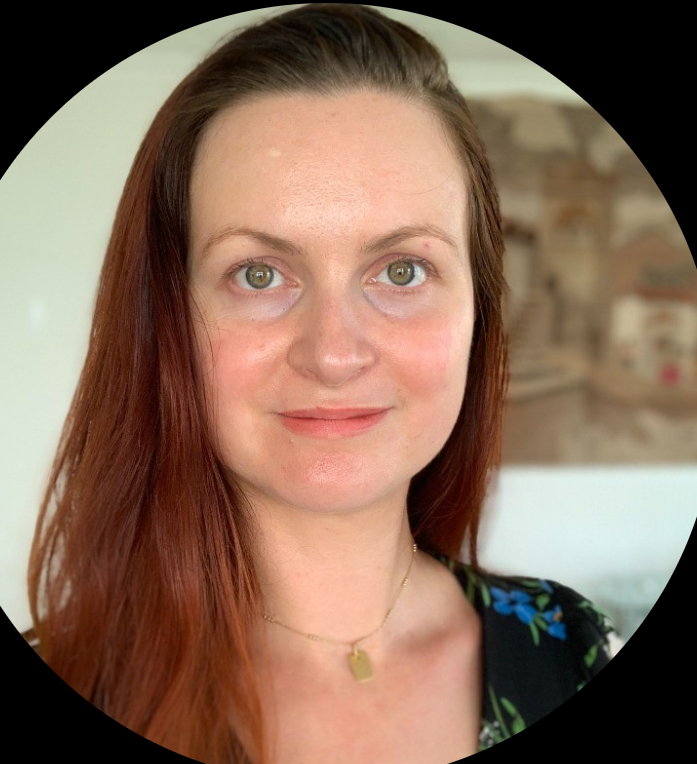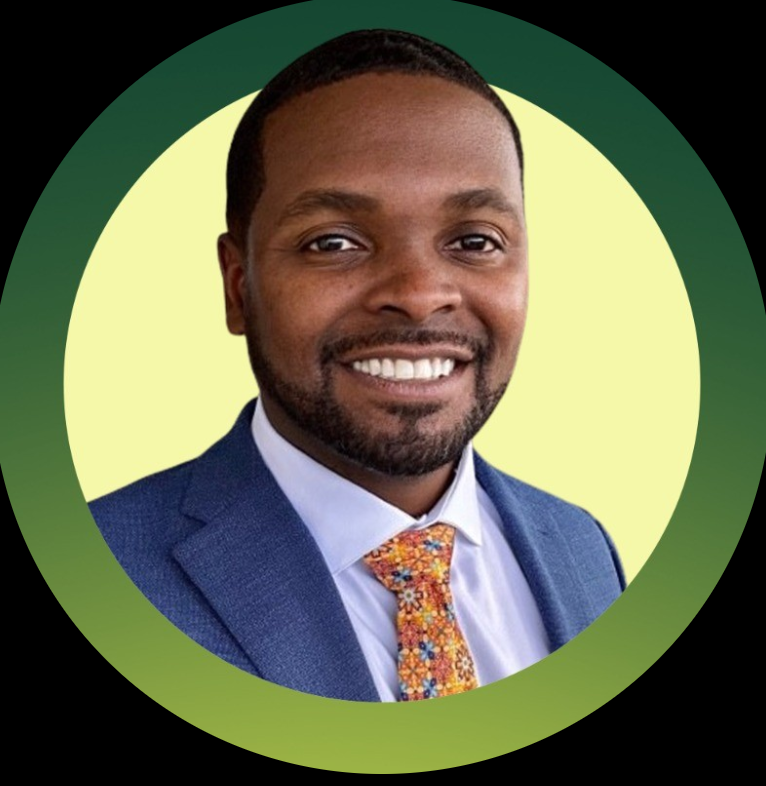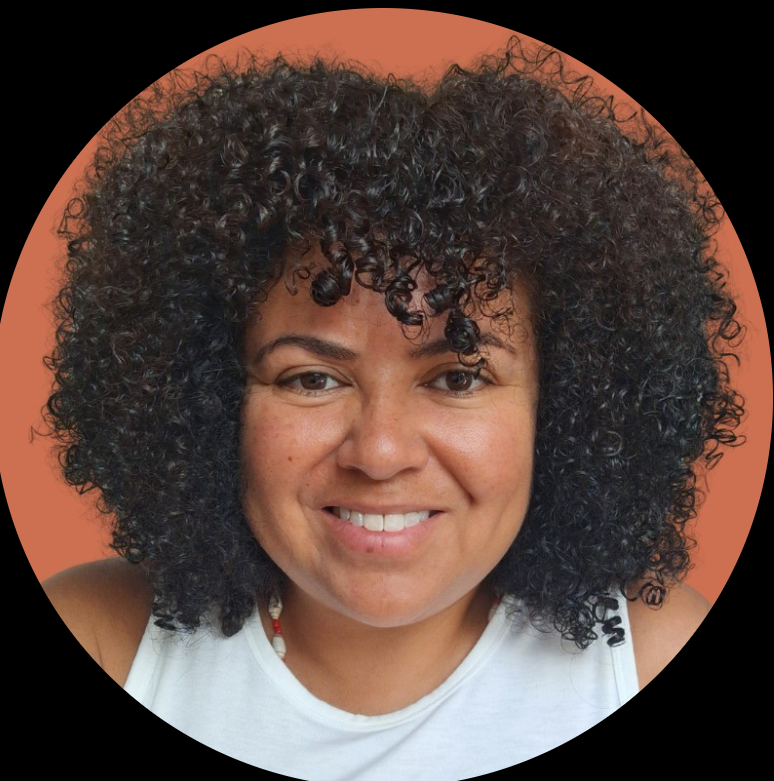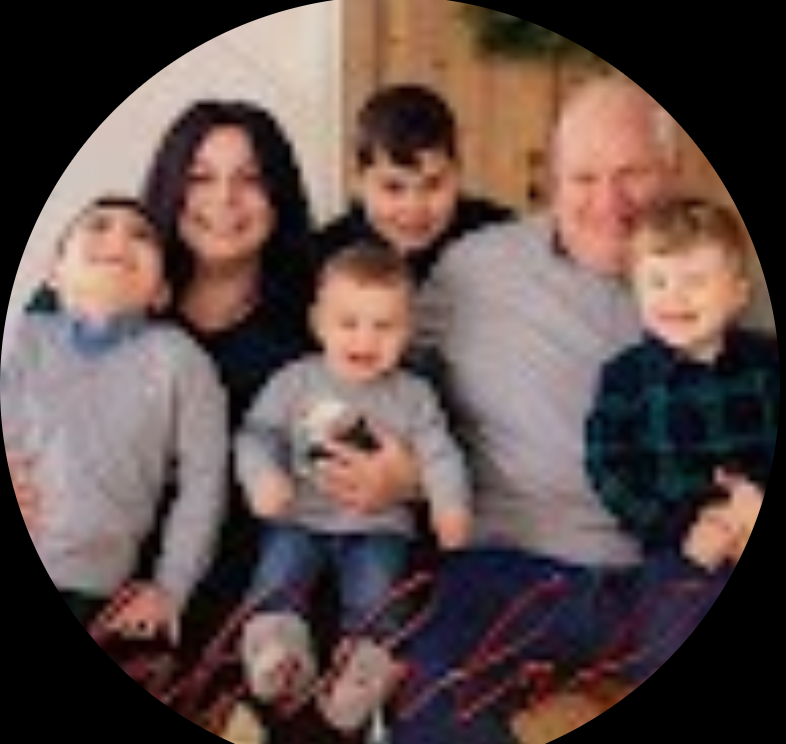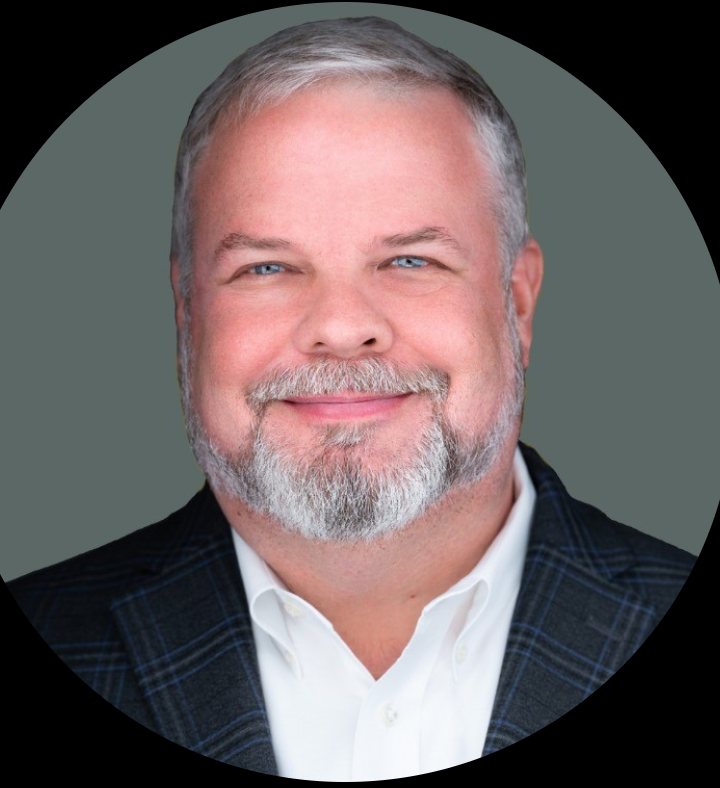Brad Richard’s story is a testament to the power of personal transformation and service. From navigating self-doubt to becoming a certified life coach, author, speaker, and podcast host, Brad’s journey reflects resilience, introspection, and a lifelong commitment to uplifting others. His work is deeply rooted in lived experience, authenticity, and a refusal to follow conventional, transactional models of coaching. Humans of Fuzia is proud to feature Brad, as his story will inspire our global community of over 5 million changemakers, all driven by the mission to support women, celebrate leadership, and encourage a “He for She” and “She for She” world.
Brad, your journey is incredibly inspiring. Can you tell us what led you into coaching, speaking, and writing?
It all started when I wrote my first book, Man at 50, which was essentially an autobiography of my life up to the age of 50. That process was therapeutic for me; it allowed me to clarify my past and transition into a future focused on growth. That book led me down the path of coaching, mentoring, speaking, and even creating my podcast and YouTube channel. I later became certified in multiple areas of life coaching, including earning a Master Certification. It all ties back to that moment where I moved from being dependent to becoming independent — from taking, to now, giving back.
Who do you primarily work with, and what does your ideal audience look like?
I focus on working with individuals between the ages of 30 and 50. That’s where I feel people are still willing to make changes, shift perspectives, and grow. Beyond 60, people often get stuck in their ways, and it becomes harder to help them make those transformational shifts.
What do you believe your clients gain most from working with you?
My coaching is built entirely on life experience. I don’t teach from textbooks. I teach from the things I’ve lived through, overcome, and succeeded in. My clients know that what I suggest to them is something I’ve personally done and proven to work. It’s real, raw, and practical guidance based on human experience.
You mentioned dealing with self-doubt. Have you experienced imposter syndrome on your journey?
Every day. Imposter syndrome never truly leaves; it lingers in the background. But I believe the way to overcome it is through consistent, daily action — doing “that much” every day to push forward. When you see your work positively impact even one person, that feeling of doubt fades, at least temporarily. It’s about stacking those wins, one after another, so the self-doubt doesn’t control you.
Looking back, is there anything you would have done differently when starting your mission?
Honestly, I don’t see myself as an entrepreneur. I see myself as a humanitarian. My goal isn’t to sell endless programs or become a guru people follow indefinitely. It’s to serve, to share knowledge freely, and to help people become independent. I’ve had more failures than successes, but that doesn’t matter. It’s about committing to this for life and helping as many people as I can along the way.
What does success mean to you, personally and professionally?
Success for me is the ability to do what I do full-time while offering everything I can — completely free. I want to sustain myself modestly, so I can help more people without asking, “What’s in it for me?” Unfortunately, people often distrust free help. They assume if it’s free, it can’t be valuable. But I know the information I give — through my YouTube channel and coaching — is as valuable as programs people pay thousands for. Success is when I can keep giving, without needing to chase sales, and still reach more lives.
You’ve shared some powerful reflections on the coaching industry. Could you elaborate on your philosophy?
I’ve met countless people who’ve followed big-name gurus for 10 to 15 years, buying every program, attending every seminar, yet they’re still stuck. I believe a successful coach should empower their clients to outgrow them — to thrive independently. Keeping clients tied to you forever isn’t success; it means you’ve failed them. My approach might not be the best “business model,” but it’s the right moral model. Helping others, without expecting anything in return, is the ultimate goal.
“Success isn’t measured by how many followers you have or how much money you make. It’s measured by how many people you’ve helped find their light — and letting them shine without you.”
Connect with Brad Richard:
Twitter
twitter.com/SRichardAuthor
Linkedin
linkedin.com/in/srichardauthor
Website
bradrichard.net
Coaching
bradrichard.net/coaching
Podcast
open.spotify.com/show/1EtQ2nXKs9CMZhtJSs3mZz
Want to be featured?
If you’d like to be featured in the Humans of Fuzia series, email us at fuziatalent@fuzia.com.



